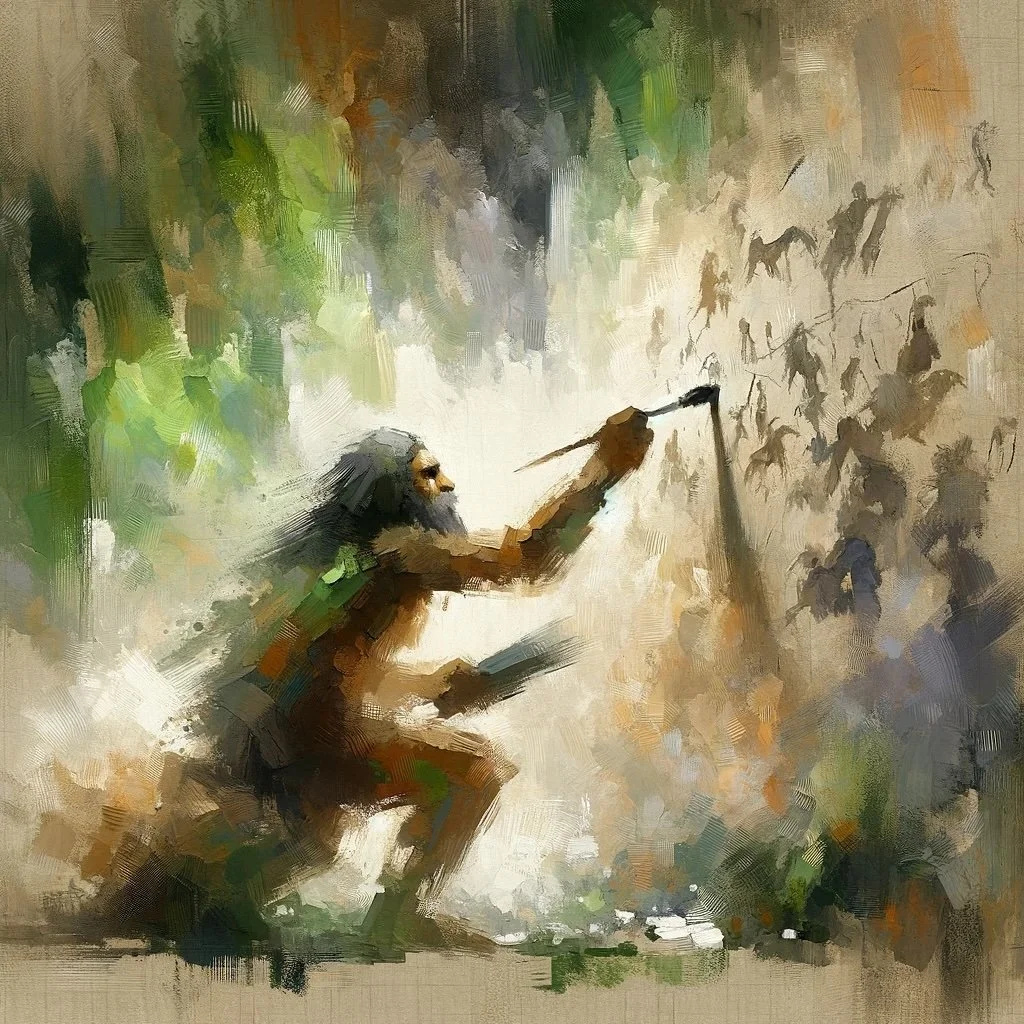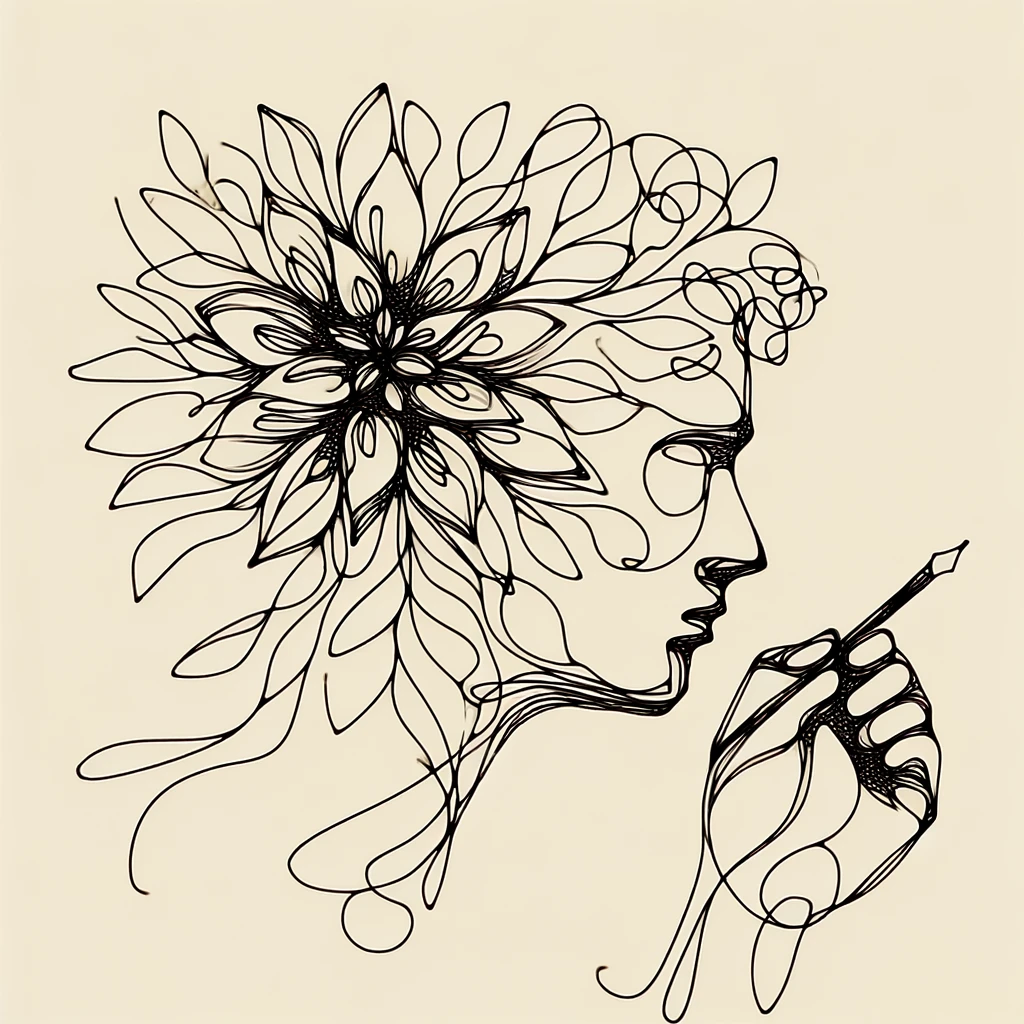
Welcome to our informational blog.
Topics covered include literary theory and practice, academic writing techniques, philosophy of education, and explanations of our methods for strengthening creative intelligence.
From Hero to Shadow: Exploring Archetypal Roles in Fiction
Storytelling coaches, equipped with an understanding of archetypal structures, play a crucial role in guiding fiction writers through the development of their work. From conceptualization to revision, coaches help writers harness the power of archetypes to craft narratives that are engaging, meaningful, and reflective of what it means to be human.
Jonathan Swift and the Art of Satirical Critique
The transformative journey of mastering satire, as detailed through the insights of "A Modest Proposal," highlights the indispensable role of a writing coach in guiding authors to leverage this potent narrative form.
Mastering the Art of Suspense: A Fiction Writer's Guide
Mastering the art of suspense is no small feat. It requires an understanding of narrative structure, character psychology, and the thematic underpinnings that make a story resonate on a deeper level. This is where the role of a fiction writing coach becomes invaluable.
Painting in Verse: The Craft of Ekphrastic Poetry
The incorporation of ekphrasis into poetry tutoring emerges as a vital tool for nurturing a poet’s ability to observe deeply, describe vividly, and think critically. By drawing on the rich tradition of ekphrasis, poetry tutors can guide poets in honing their descriptive powers, deepening their thematic explorations, and broadening their observational skills.
Haiku: The Art of Compression
Haiku teaches the importance of capturing fleeting moments with precision and clarity. For writing tutors and students alike, the lessons of haiku offer a pathway to more expressive, effective, and evocative writing.
Mastering the Art of Dialogue Through Playwriting Format
Understanding the key components of playwriting format can provide valuable insights into how it effectively captures character interactions. By dissecting the fundamental elements of this format and its profound impact on dialogue and interactions, we uncover invaluable insights for writers across disciplines, aiming to enhance their craft and deepen the narrative resonance of their work.
Below the Surface: Hemingway's Iceberg Theory and Its Implications for Modern Writing
Ernest Hemingway's Iceberg Theory, also known as the theory of omission, is a cornerstone of literary modernism that emphasizes the depth of narrative lying beneath the surface of the text.
Digital Writing Analytics, AI, & Human Expertise: How Writing Coaches Can Help
In the evolving landscape of digital writing, the advent of sophisticated writing analytics and artificial intelligence (AI) tools presents both opportunities and challenges for writing coaches, tutors, and editors – especially those working online.
Mastering Multimodal Composition: The Role of Writing Coaches
Multimodal composition is not just an artistic choice but a necessity in today's digital landscape, where messages compete for attention in a sea of content. Writing coaches, with their deep understanding of diverse communicative forms, are instrumental in guiding writers to excel in this complex yet captivating domain.
Elevating Digital Communication: Writing Coaching for Digital Literacies
Writing coaches, with their nuanced understanding of both the art and science of writing, are uniquely positioned to guide their clients through the complexities of digital literacies, transforming them into adept digital communicators.
Writing Coaching Candidate #8: The Creative Hobbyist
Writers like Emily and Joe do not write creatively as the means to a professional end, but as part of their journey toward more authentic personal expression and fulfillment. Creative writing coaches nurture these clients’ aspirations over time, providing guidance and encouragement tailored to their creative goals.
Writing Coaching Candidate #7: The Blogger and Content Creator
In the ever-evolving landscape of digital media, bloggers and content creators strive not only for originality but also for a connection with their readers. Creative writing coaches play a key role in helping them hone their brand, ensuring their content stands out in the increasingly crowded digital space.
Writing Coaching Candidate #6: The Academic or Researcher
Academics and researchers often stand at the crossroads of complex ideas and the need for clear communication. Academic writing coaches play a pivotal role in helping knowledge professionals navigate this terrain, ensuring their groundbreaking work is both accessible and engaging to a broader audience.
Writing Coaching Candidate #5: The Screenwriter and Playwright
The journey from script to screen or stage is intricate, involving not just the crafting of believable conversations in artificial settings, but also the ability to visualize (and ultimately externalize) written scenes and characters in a visceral way. Creative writing coaches can facilitate this process, aiding screenwriters and playwrights like Laura and Raj to bring their visions to life.
Writing Coaching Candidate #4: The Memoirist
Every memoir is a completely individual endeavor, yet it requires a level of universality to engage a wider readership. Creative nonfiction coaches play a pivotal role in this delicate balancing act, helping memoirists like Michael and Anita craft their life stories into compelling narratives.
Writing Coaching Candidate #3: The Business Professional
In the corporate world, effective communication is key to success, but often, the challenge lies in presenting ideas that are both clear and engaging. Creative business writing coaches help clients like Emma and Tom help bridge this gap, bringing a touch of narrative flair to the corporate landscape.
Writing Coaching Candidate #2: The Poet
When a poet seeks to distill emotions and fleeting impressions into words, every syllable can carry weight. A creative writing coach helps poets harness this power, guiding them to capture the essence of their thoughts and feelings in verse.
Writing Coaching Candidate #1: The Aspiring Novelist
Aspiring novelists generally approach the canvas of their imagination brimming with ideas, yet the path from concept to a well-structured novel can be labyrinthine. A creative writing coach steps in as a navigator, transforming the nebulous into the tangible.
The Rise of Book Writing Coaches in the American Literary Economy
In the ever-evolving landscape of American literature, a new player has emerged as a pivotal figure: the book writing coach. This article delves into the growth and intricacies of the book coaching industry, examining its burgeoning role in the broader literary economy and its interplay with more traditional literary sectors.
Luminaries: Gaston Bachelard and the Writerly Imagination
For writing coaches and their clients, Gaston Bachelard's insights into the nature of imagination, the importance of spatial metaphors, and the intertwining of memory and poetic imagery can offer invaluable guidance. His philosophy encourages a deeper engagement with the subjective and imaginative aspects of writing, urging writers to explore beyond the surface of the literal and the rational.





















